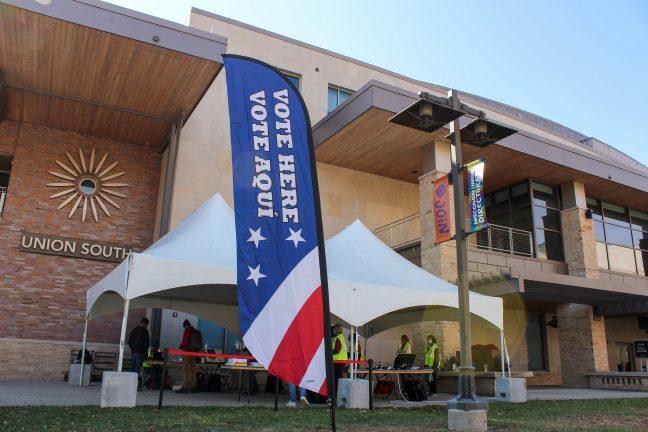“Facebook Stalking” is a term often used to signify one person visiting another person’s Facebook profile to learn more about them. Though the term is often used harmlessly, it does normalize stalking behaviors in our everyday lives.
The Center for Disease Control defines stalking as a pattern of repeated and unwanted attention, harassment, contact or conduct. As with other forms of gender-based and sexual violence, stalking is often perpetrated by someone known to the survivor or someone with whom they had a previous intimate relationship. The CDC reported that more than 6.5 million people experienced stalking in 2015, and this number is in line with past trends.
Why aren’t we more aware of the signs of stalking?
The fact is that these behaviors are so normalized — even romanticized — that they aren’t recognized as harmful in the first place. The romanticization of stalking in popular culture is not a new concept, but it is one our society continually fails to address.
The popular Netflix show “You,” is centered around one man’s infatuation with a woman he met once, and highlights his obsession with winning her over. After the show premiered, Twitter was filled with tweets from fans wishing the main character was stalking them. Even after the main character of the show denounced these comments, people continued to express fantasies about the relationship portrayed in the show.
The romanticization of the main character in “You” may not seem problematic because he was portrayed as a normal person rather than the scary stalker stereotype we have been taught to fear from a young age.
Blue lights will guide us nowhere: How ASM’s election platform fails UW students, survivors
But in reality, stalking is an epidemic that occurs most often with a former intimate partner, not a “scary stalker” unknown to the survivor. The fact that this stereotype still persists is just one of the reasons we need to educate on and become more aware of stalking behaviors.
Stalking Awareness Month is recognized by PAVE in February, and nationally in January, but we need to be talking about stalking awareness year-round.
Stalking is a serious and traumatizing act of violence that impacts millions of people each year. It is time we stop normalizing and romanticizing the behaviors associated with it.
If you need immediate help regarding a situation of stalking, call the DAIS 24-hour Help Line at (608) 251-4445.
Alexandra Hader is a junior studying agricultural & applied economics and political science. She is the Communications Coordinator for PAVE (Promoting Awareness Victim Empowerment), which is a student organization dedicated to ending all forms of sexual violence and gender-based violence through education and activism. For more information on how to get involved, email [email protected] or check out the PAVE website at www.pave-uw.com.














